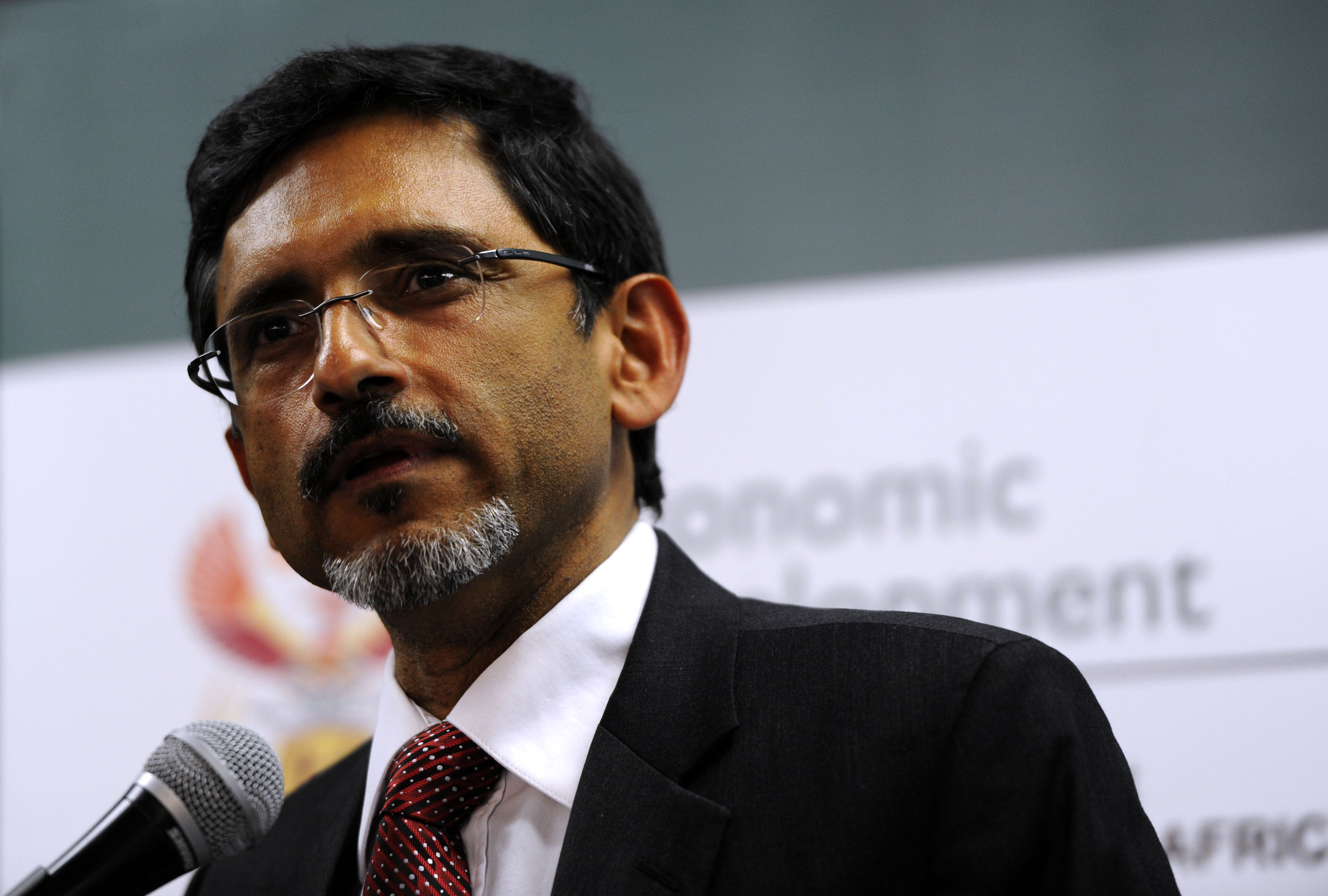While there has been significant improvements in the country since it achieved democracy, it still has problems that must not be hidden away, Economic Development Minister Ebrahim Patel said on Thursday.
“In every area you want to look [in the country since 1994] there has been progress, but there are challenges,” Patel told a SA Clothing and Textile Workers Union open school in Kempton Park.
“It doesn’t help to hide those problems.
“We have many unresolved challenges… [that come] from more than 350 of colonialism and apartheid rule, but there are others that are new and fresh and arose after 1994.”
Patel looked at where South Africa had come in the last 21 years, especially in relation to the supply of electricity.
He said that in 1994 some parts of the country did not have electricity. Two years later, when the census was done it was found that 5.2 million households had electricity.
“Today, in the period from 1996 up to today, an additional amount of more than 7 million houses have been added to the electricity grid.”
He said this was more than what was done under colonialism and apartheid.
However, having more people added more strain to the electricity grid.
“New challenges required us to build power stations faster to generate for South Africans who had had to operate with a primer stove, a gas stove or candles.”
‘We made a mistake’
He said that while these new power stations are being constructed, that work should have started a while ago.
“We made a mistake in not planning this earlier and building it earlier. You can’t build a house five minutes before winter, you build it when the weather is good.”
He also admitted that there were some aspects of the state that didn’t work well yet.
“When you go to public hospital and wait for hours and are treated badly… or when you go a government department for a document and you have to wait the whole day – its working class communities that suffer.”
Patel said some people saw the country’s public entities as a place for loot, and others as a chance to privatise.
“Workers and the poor need public entities that are well run,” he said.
“[However] when you privatise the energy, like other countries have done, it is the poor that will suffer.” News24






 WhatsApp us
WhatsApp us 

